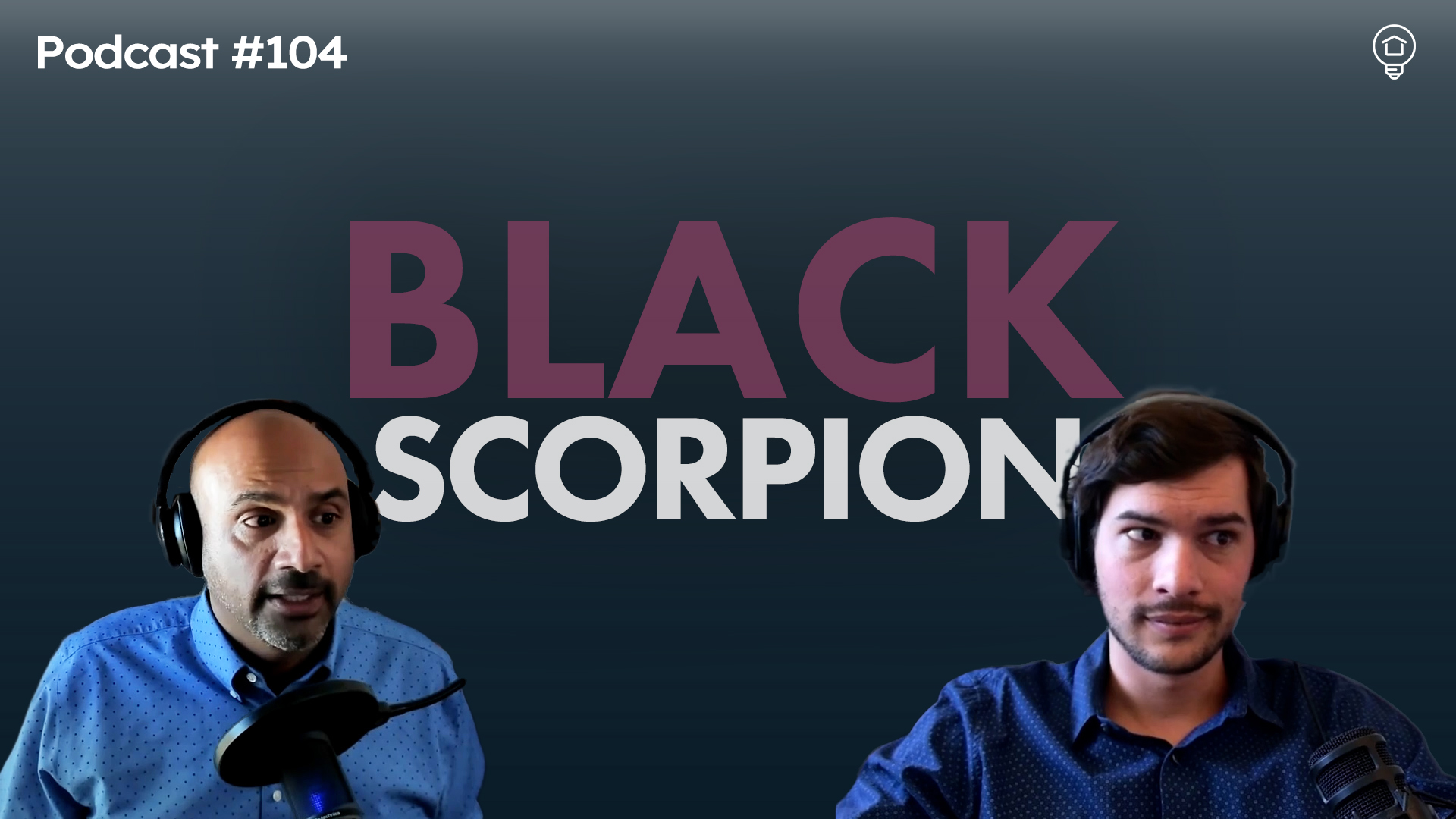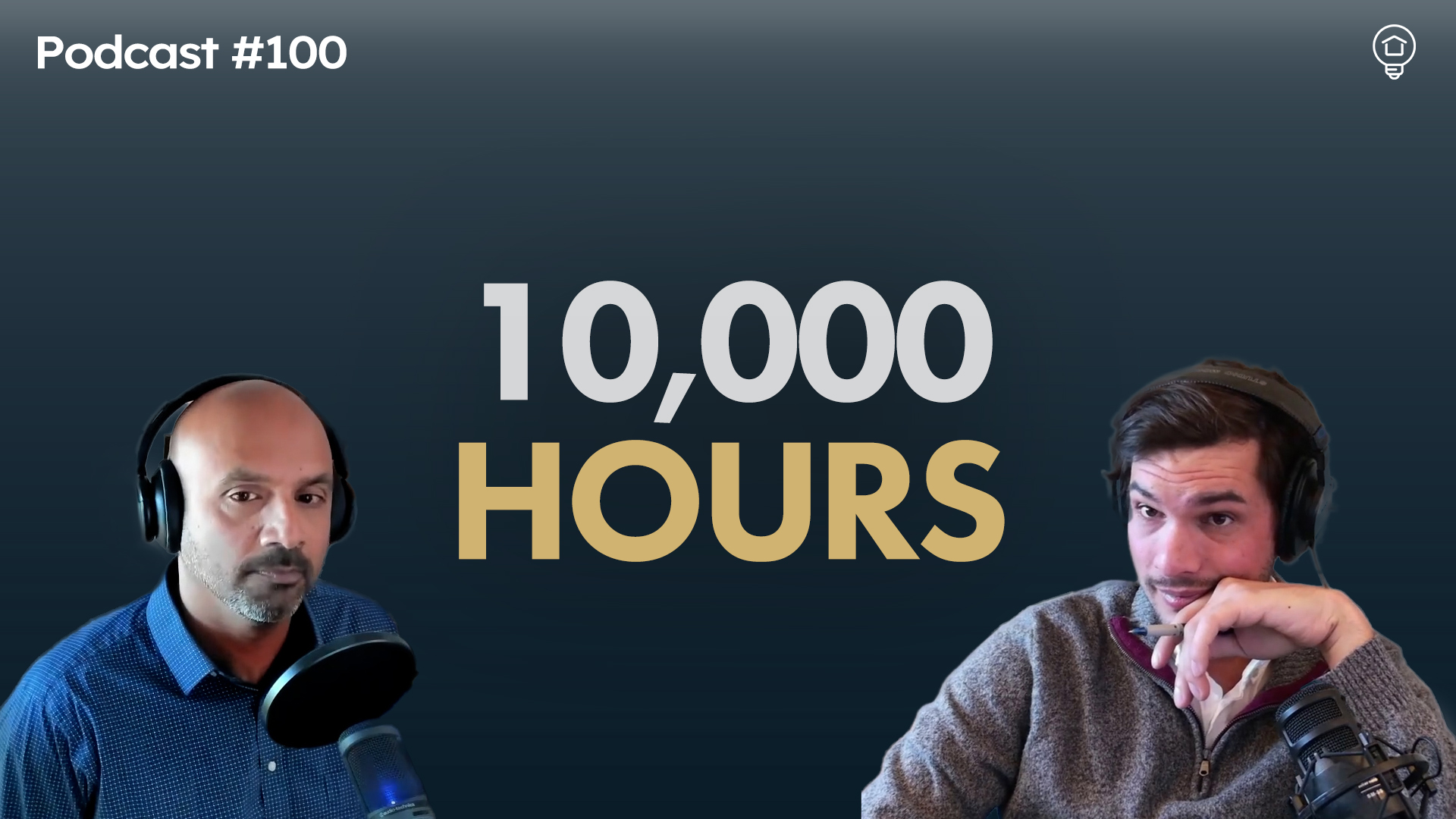Goodbye Google – You’re Being Evil
by Osman Parvez

“Tried… what?” I asked
“Google, it’s a wicked new way to search. Much better than Yahoo or Webcrawler.”
So I tried it. And David was right, very right.
Since then, Google has been a regular part of my computer use. And as services have been added, I’ve enthusiastically tried them out. I love Google Desktop, Google Maps, Blogger, Gmail, and Picasa. I’m a little less enthusiastic about Google Spreadsheets, Froogle, Google Finance, and Google Calendar but I’m still a heavy Google user.
So, it was an easy decision to give Google Adsense a try when we launched silverfernrealty.com and this blog. Afterall, Google “Boulder, CO” and you’ll get 64 million results. Having a good web site alone wasn’t going to drive traffic to our business.
Google’s AdWords solution offered promise.
So I went to AdWords, set up a little budget, created a few ads, and let her loose on my credit card. Sure enough, we started to get more clicks. Although the price per click to be on the top line started ratching up (now $1.70 or so) at least it looked like I was getting real traffic. But now, several months after we launched the ad campaign and hundreds of clicks later (according to Google), I’ve noticed something odd.
First the conversion rate is horrible. With every hundred site visitors we might get one promising lead. Even more importantly, the hundreds of clicks Google said I was getting weren’t showing up in the stats package on my site (AWStats). According to that statistical analysis, only a trickle of hits were coming from Google Ads.
So, am I the victim of click fraud? Why was Google claiming all these hits when I wasn’t seeing them on my end. And with only a handful of actual leads coming from Google Ads, was it even worth it?
So the other day, I paused my ad campaign and sent Google a message asking to explain the discrepancy. The next day I got a form email back explaining in very vague terms how Google works hard to verify the validity of all clicks. And that the discrepancy I was seeing was probably just my website failing to register the traffic.
Let’s see. Google sells clicks and Google decides which clicks are valid or not. Meanwhile Google won’t show you how many valid or invalid clicks you’ve received. Since Google benefits massively from fraudulent clicks, what’s the incentive to self police? Hmm…
Today I got a survey in my email asking about the quality of Google’s response. You can probably guess how I responded. In any case, my Google AdWords account will remain paused until I can be sure that these clicks aren’t fraudulent. At this point, there’s nothing reassuring me other than Google’s vague and completely disconnected form response.
Google, your slogan is “Don’t be Evil.” What happened to you?
Image: Google
—-
Want to get blog updates via email? Click HERE.
Ready to buy or sell? Schedule an appointment or call 303.746.6896.
You can also like our Facebook page or follow us on Twitter.
As always, your referrals are deeply appreciated.
—
The ideas and strategies described in this blog are the opinion of the writer and subject to business, economic, and competitive uncertainties. We strongly recommend conducting rigorous due diligence and obtaining professional advice before buying or selling real estate.
Goodbye Google – You’re Being Evil
by Osman Parvez

“Tried… what?” I asked
“Google, it’s a wicked new way to search. Much better than Yahoo or Webcrawler.”
So I tried it. And David was right, very right.
Since then, Google has been a regular part of my computer use. And as services have been added, I’ve enthusiastically tried them out. I love Google Desktop, Google Maps, Blogger, Gmail, and Picasa. I’m a little less enthusiastic about Google Spreadsheets, Froogle, Google Finance, and Google Calendar but I’m still a heavy Google user.
So, it was an easy decision to give Google Adsense a try when we launched silverfernrealty.com and this blog. Afterall, Google “Boulder, CO” and you’ll get 64 million results. Having a good web site alone wasn’t going to drive traffic to our business.
Google’s AdWords solution offered promise.
So I went to AdWords, set up a little budget, created a few ads, and let her loose on my credit card. Sure enough, we started to get more clicks. Although the price per click to be on the top line started ratching up (now $1.70 or so) at least it looked like I was getting real traffic. But now, several months after we launched the ad campaign and hundreds of clicks later (according to Google), I’ve noticed something odd.
First the conversion rate is horrible. With every hundred site visitors we might get one promising lead. Even more importantly, the hundreds of clicks Google said I was getting weren’t showing up in the stats package on my site (AWStats). According to that statistical analysis, only a trickle of hits were coming from Google Ads.
So, am I the victim of click fraud? Why was Google claiming all these hits when I wasn’t seeing them on my end. And with only a handful of actual leads coming from Google Ads, was it even worth it?
So the other day, I paused my ad campaign and sent Google a message asking to explain the discrepancy. The next day I got a form email back explaining in very vague terms how Google works hard to verify the validity of all clicks. And that the discrepancy I was seeing was probably just my website failing to register the traffic.
Let’s see. Google sells clicks and Google decides which clicks are valid or not. Meanwhile Google won’t show you how many valid or invalid clicks you’ve received. Since Google benefits massively from fraudulent clicks, what’s the incentive to self police? Hmm…
Today I got a survey in my email asking about the quality of Google’s response. You can probably guess how I responded. In any case, my Google AdWords account will remain paused until I can be sure that these clicks aren’t fraudulent. At this point, there’s nothing reassuring me other than Google’s vague and completely disconnected form response.
Google, your slogan is “Don’t be Evil.” What happened to you?
Image: Google
—-
Want to get blog updates via email? Click HERE.
Ready to buy or sell? Schedule an appointment or call 303.746.6896.
You can also like our Facebook page or follow us on Twitter.
As always, your referrals are deeply appreciated.
—
The ideas and strategies described in this blog are the opinion of the writer and subject to business, economic, and competitive uncertainties. We strongly recommend conducting rigorous due diligence and obtaining professional advice before buying or selling real estate.
Share This Listing!
More about the author
Osman Parvez
Owner & Broker at House Einstein as well as primary author of the House Einstein blog with over 1,200 published articles about Boulder real estate. His work has appeared in the Wall Street Journal and Daily Camera.
Osman is the primary author of the House Einstein blog with over 1,200 published articles about Boulder real estate. His work has also appeared in many other blogs about Boulder as well as mainstream newspapers, including the Wall Street Journal and Daily Camera. Learn more about Osman.
Work with
House Einstein
Thinking about buying or selling and want professional advice?
Call us at 303.746.6896
Your referrals are deeply appreciated.













